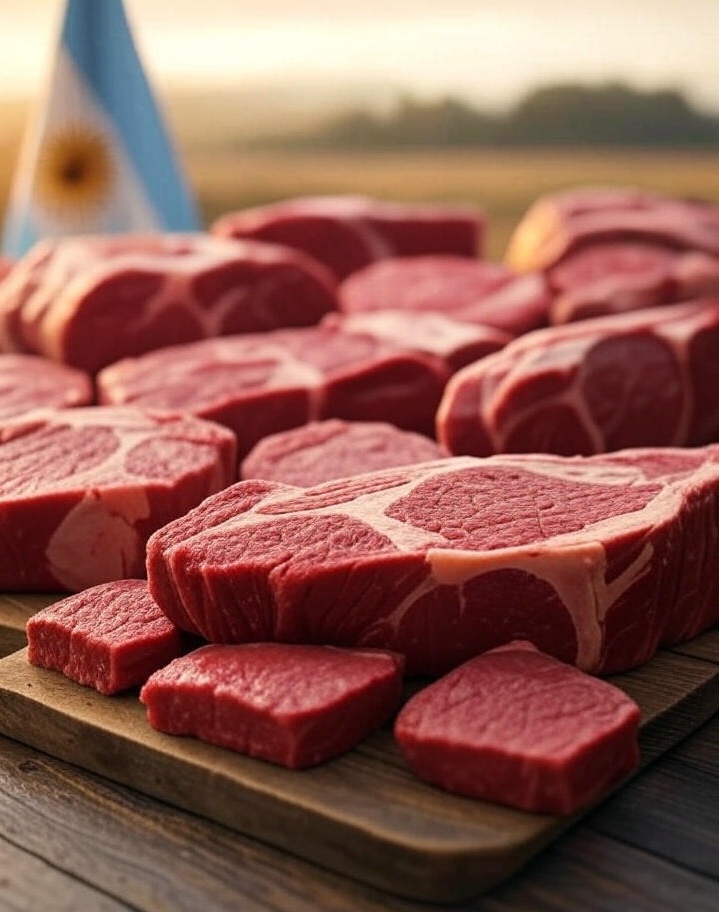Argentina is close to finalising a contract to sell cattle offal products to China, according to sources involved in the negotiations.
The accord, which is still undergoing technical revisions, is a key step towards strengthening the two countries’ post-Brexit commercial ties.
The president of Argentina’s beef promotion agency (IPCVA), Georges Breitschmitt, said discussions were progressing and are now centring on the final technical details.
The second source, who was briefed on the discussions, said an agreement could be close, and both sources said Chinese officials are likely to travel to Argentina on June 8 to continue talks.
While no particular deadline for implementing the export agreement has been established, both parties look keen to close any remaining gaps.
The conversations are part of China’s larger push to diversify its agricultural supply networks, as geopolitical concerns continue to hamper global trade flows.
“We think we are reaching the end of the conversations between both governments (…) It’s just fine-tuning between the technical departments,” Georges Breitschmitt, president of Argentina’s beef promotion agency (IPCVA), told Reuters in an interview in Beijing.
Strategic shift in China’s import policy
The increased demand from China for agricultural imports from Argentina and other Latin American nations is a conscious movement to lessen dependence on the US amid ongoing trade tensions.
The Asian giant has been forging closer relations with major suppliers in recent years, especially Brazil and Argentina, to secure food needs and contain domestic markets.
While there is, thus far, no official Chinese customs or Brazilian embassy commentary on the state of play, Argentina’s success story in offal points to an accelerating traction for the Beijing diversification agenda.
In Argentina, we eat less offal, which is organ meats and other by-products, but it is an important export product in many Asian markets.
Beef export trends reflect market shifts
Argentina presently exports over 30% of its entire beef production, with China historically accounting for the vast majority of these shipments.
However, this tendency has suddenly shifted. In the first quarter of 2025, China accounted for 56.4% of Argentina’s beef exports, down from 68% in 2024 and 74.5% in 2023.
According to industry observers, pricing and inventory concerns are the key reasons for the downturn.
Earlier this year, Chinese customers reportedly offered reduced prices due to large local stock levels, pushing Argentine exporters to seek alternatives or reduce quantities.
Nonetheless, signs of recovery are appearing. Argentine shipments to China began to recover in May, and the anticipated offal contract could provide a new market for farmers wanting to diversify their export portfolios.
Opportunities in a changing global market
In 2024, China imported a record 2.87 million metric tons of beef, with Brazil, Argentina, and Australia ranking as leading suppliers.
As China reduces its beef imports from the United States, chances for other suppliers to fill the void are arising.
Argentina sees expanding into offal exports as not just an opportunity to gain revenue, but also a strategic step toward tighter integration with one of the world’s major consumer markets.
While final permission is still needed, industry executives are optimistic that the long-awaited merger is nearing completion.
If approved, the pact could pave the path for expanded agricultural collaboration between Argentina and China at a time when global supply networks are experiencing significant transformation.
The post Argentina set to expand beef offal exports to China amid shifting trade dynamics appeared first on Invezz

